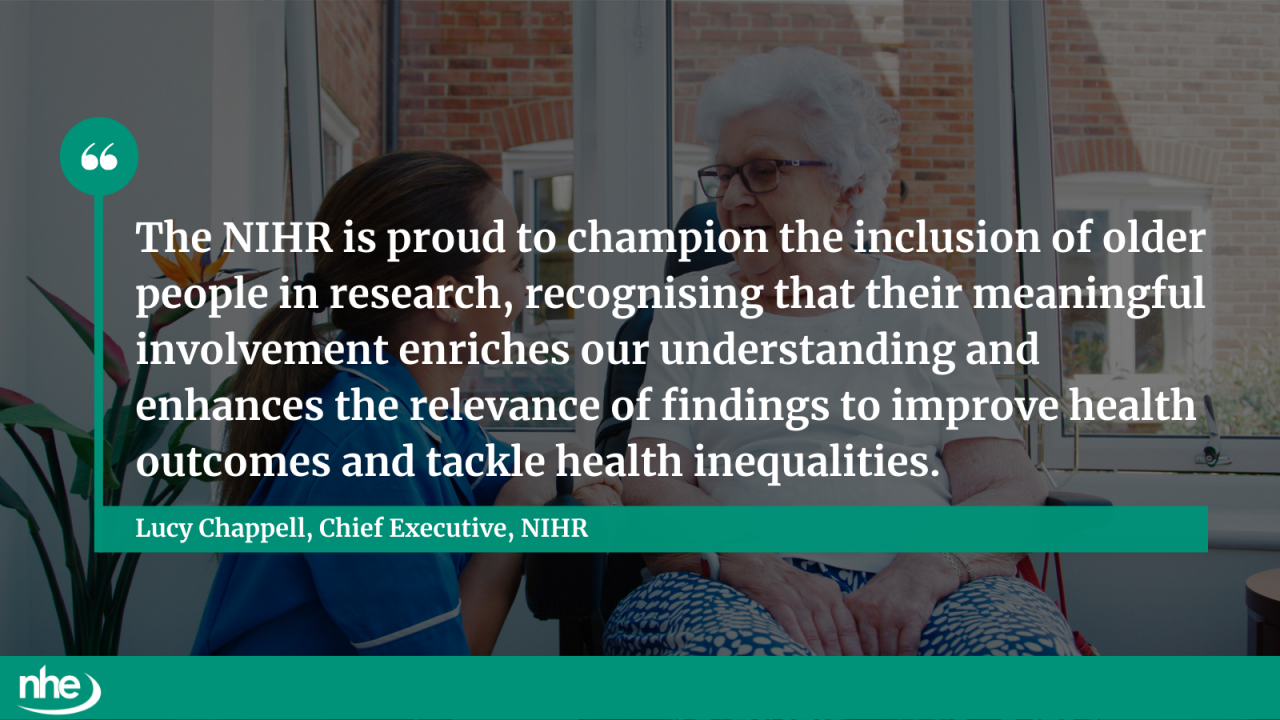The National Institute for Health and Care Research has joined forces with other leading UK research funders in signing a joint statement to improve the inclusion of older adults in health and care research. This marks a significant step toward ensuring that studies better reflect the realities of an ageing population.
The announcement builds on NIHR’s November 2024 commitment to embed inclusion in all funding applications. It follows the Chief Medical Officer’s 2023 Annual Report on Healthy Ageing, which highlighted the persistent underrepresentation of older people—especially those with multiple long-term conditions (MLTC)—in clinical trials and research.
Despite MLTCs becoming increasingly common, many studies continue to isolate diseases, failing to reflect the complex health needs of older adults. This gap in representation not only limits the relevance of research findings but also contributes to inequalities in healthcare delivery, particularly in communities with lower healthy life expectancy.
The joint statement outlines a shared commitment to:
- Actively support the inclusion of older adults in research
- Challenge unjustified exclusion, especially where complex health conditions are involved
- Design research with equity in mind, ensuring it reflects the diversity of the UK population
Professor Lucy Chappell, NIHR Chief Executive and Chief Scientific Adviser at the Department of Health and Social Care, said:
“The NIHR is proud to champion the inclusion of older people in research, recognising that their meaningful involvement enriches our understanding and enhances the relevance of findings to improve health outcomes and tackle health inequalities. We are pleased to stand alongside research funders across the UK in this joint statement, reaffirming our shared commitment to making research more inclusive, impactful, and reflective of all stages of life.”

This collaborative effort follows a 2024 roundtable discussion among research funders, where gaps in inclusion were explored. The goal is to improve the quality, relevance, and impact of health and care research by ensuring that older adults are routinely and meaningfully involved.
NIHR and its partners believe that inclusive research will lead to more effective public health strategies, better social care planning, and improved quality of life for older people—supporting the health of the UK’s ageing population.
Image credit: iStock



















